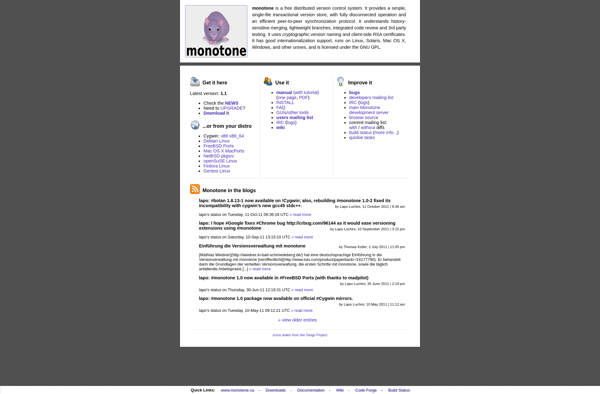MKS Source
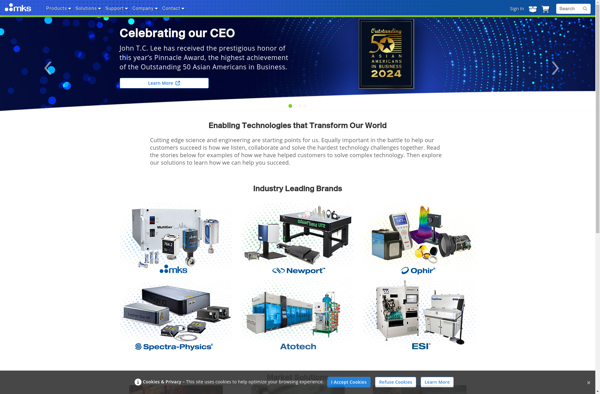
MKS Source: Software Configuration Management & Version Control System
MKS Source is a software configuration management and version control system. It provides tools for managing source code, tracking revisions, comparing versions, merging code branches, and more to support collaborative software development.
What is MKS Source?
MKS Source is a comprehensive software configuration management and version control system designed for managing and controlling changes to source code and other artifacts during the software development lifecycle. It provides core SCM capabilities like version control, workspace management, branching and merging, change tracking, release management, and more to enable parallel development, support developer collaboration, and streamline software delivery.
Key features of MKS Source include:
- Centralized version control repository for storing, tracking, and managing changes to source code
- Powerful branching capabilities to enable parallel development streams
- Workspace management for controlling concurrency and sharing code changes
- Customizable process workflows to match organizational policies
- Automated merging tools to control and track integration of parallel development streams
- Complete change and revision history including annotations and traceability
- Reporting and auditing capabilities
- Integrations with IDEs, build tools, testing tools, and other ALM systems
MKS Source implements robust version control methodology out-of-the-box to reduce risks and costs associated with making changes to source code. Companies of all sizes use MKS Source for mission-critical development of embedded, desktop, mobile, and cloud-based software applications and platforms.
MKS Source Features
Features
- Version control
- Release management
- Process enforcement
- Parallel development
- Build automation
- Reporting and auditing
Pricing
- Subscription-Based
- Pay-As-You-Go
Pros
Cons
Official Links
Reviews & Ratings
Login to ReviewThe Best MKS Source Alternatives
Top Development and Version Control and other similar apps like MKS Source
Here are some alternatives to MKS Source:
Suggest an alternative ❐Microsoft Team Foundation Server
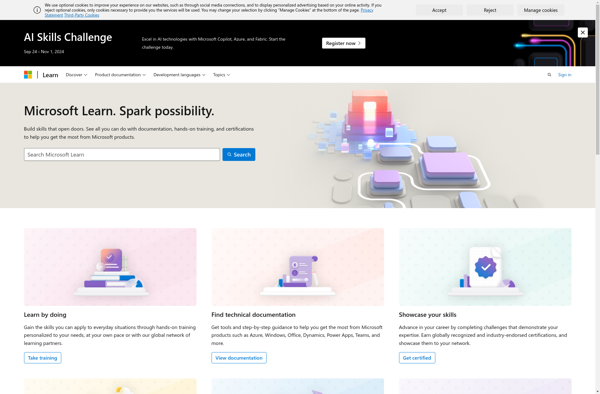
Mercurial SCM
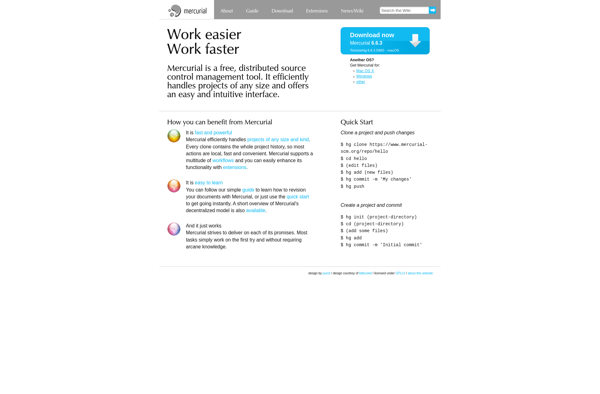
Perforce
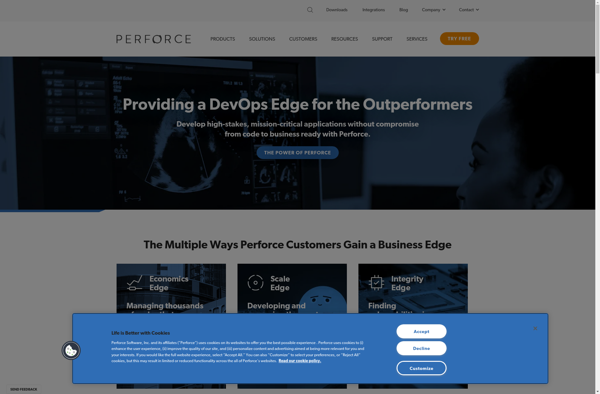
ZenTao
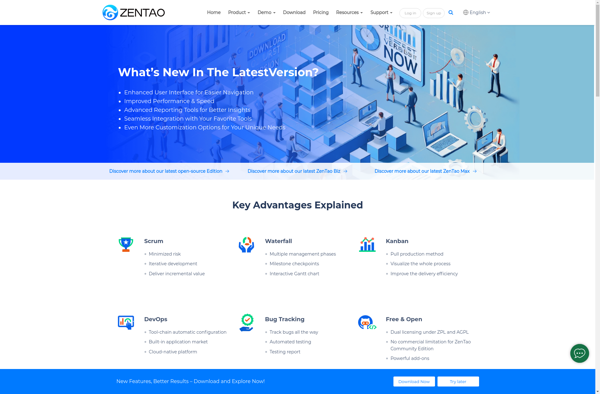
Apache Subversion
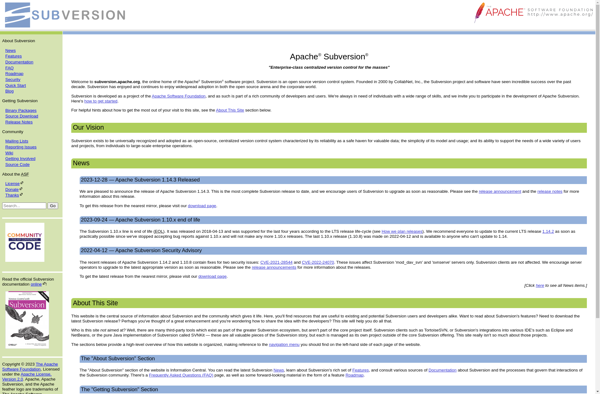
Fossil
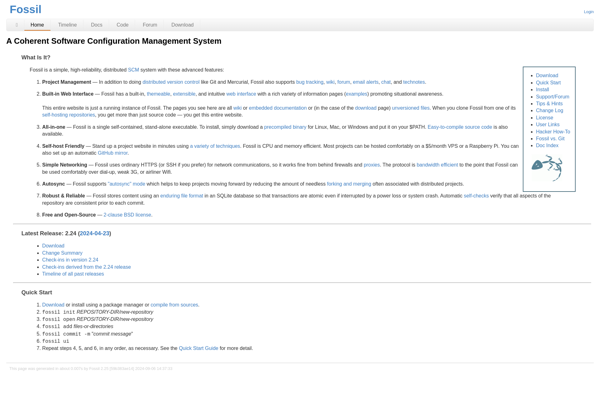
CVS (Concurrent Versions System)
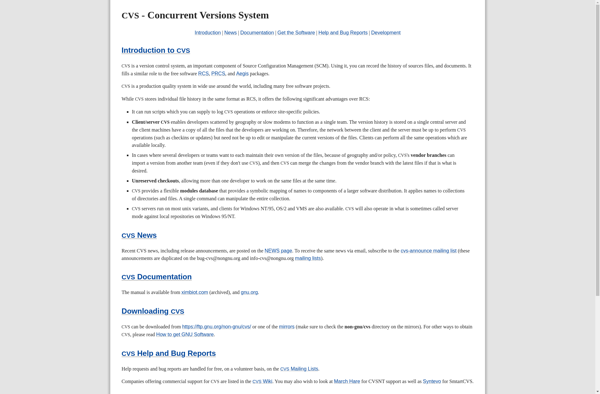
Git for Windows
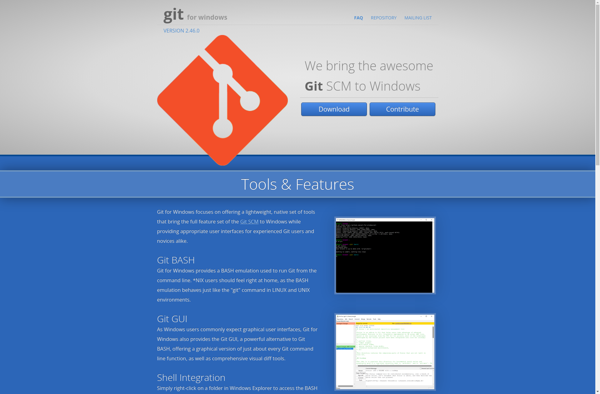
Darcs
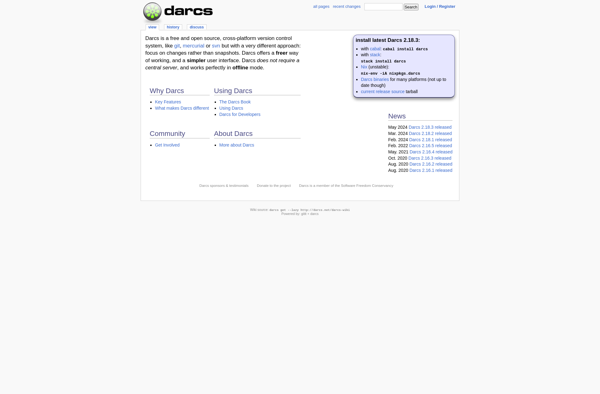
Monotone
